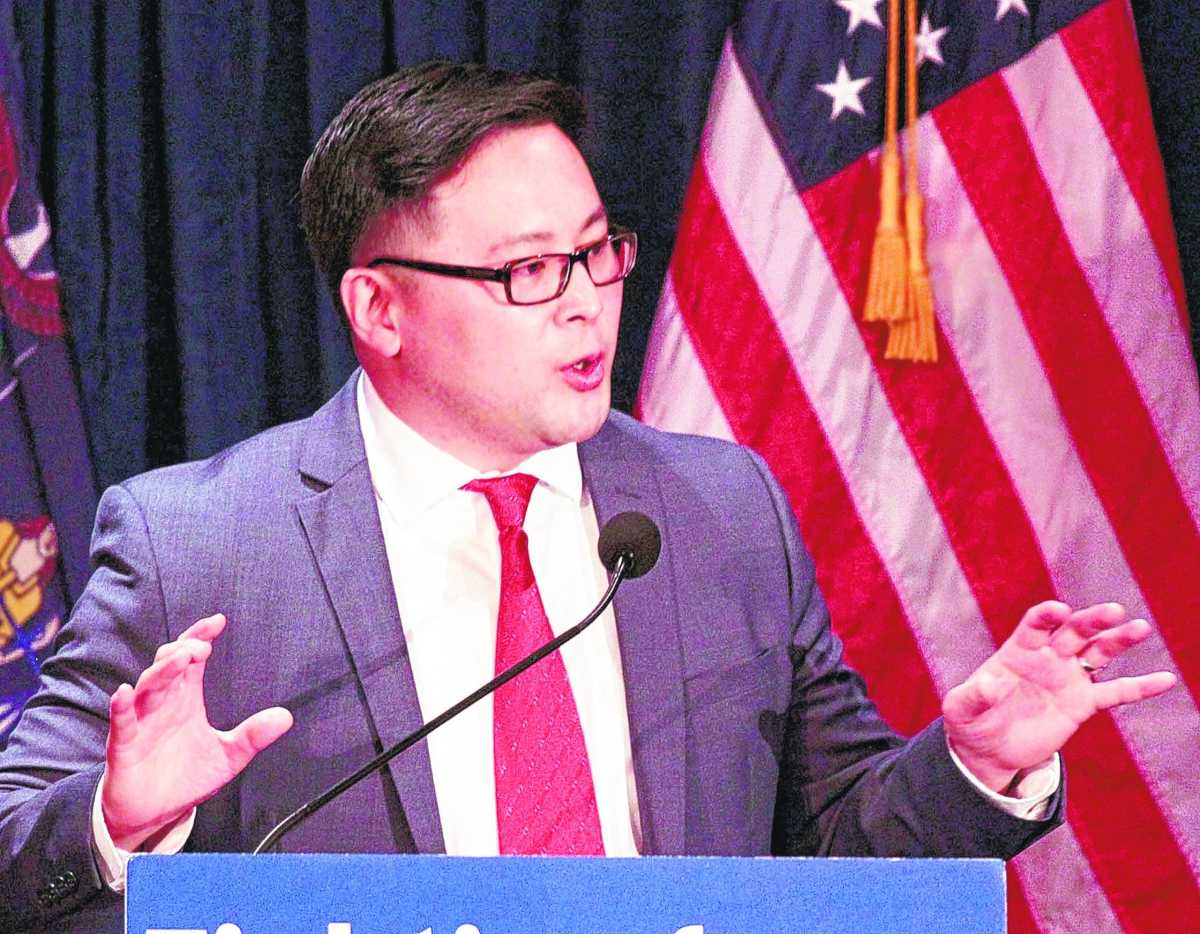BY CARLOTTA MOHAMED
State Assemblyman Ron Kim is seeking legislation to repeal a provision that was included in New York state’s newly approved budget that prevents residents from suing facilities including nursing homes over some allegations of negligence related to the COVID-19 outbreak.
Kim’s legislation will repeal Article 30-D of the Public Health Law (Emergency of Disaster Treatment Protection Act), which protects nursing home executives with legal immunity.
The statute was codified into law during the Fiscal Year 2021 budget under New York State Law by the Education, Labor and Family Assistance (ELFA) bill (A.9506/S.7506).
“Behind closed doors and in secrecy, nursing home executives managed to push Gov. Andrew Cuomo into adding a provision in this year’s budget that insulates them from criminal or civil liability during the COVID-19 pandemic,” Kim said. “The executives running the nursing homes knew back in mid-March that their facilities could not keep their residents safe; they sought to protect their businesses and themselves from their expected negligence.”
Article 30-D of the Public Health Law institutes severe liability standards that essentially insulate nursing homes and their executive leadership from criminal or civil liability. Specifically, liability would only pertain to cases in which gross negligence, reckless misconduct, or instances where intentional malfeasance has occurred.
This allows for zero accountability in cases of standard negligence, which have been pervasive during the pandemic, according to Kim. Moreover, the statute prevents medical staff and frontline workers in nursing homes from safely coming out against malpractices they might observe from executive leadership.
“Instead of granting them immunity, Gov. Cuomo should have fought to do everything possible to indemnify frontline workers and volunteers and save the lives of those trapped in nursing homes exposed to COVID-19,” Kim said. “I am deeply disappointed and disturbed by this new revelation.”
According to Kim, the provision was disguised as a way to recruit more volunteers for healthcare facilities.
“The governor misled workers into thinking that Article 30-D of the Public Health Law protected them from lawsuits, but in reality, the overwhelming third party claims are against facilities, not individuals,” Kim said.
Kim and his other colleagues voted against the measure in the state budget.
State Assemblyman Dan Quart (D-NY) said granting nursing homes immunity from civil liability gives operators a license to neglect and abuse already vulnerable populations.
“Civil lawsuits are one of the few tools available to patients and families who want to hold nursing homes accountable for substandard care,” Quart said. “A lack of transparency and accountability, especially in a time of a pandemic, would put residents at enormous risk.”
Jeremiah Frei-Pearson, of Frei-Pearson & Garber, LLP, who specializes in nursing home reform litigation said, “Class action reform litigation forces unsafe nursing homes to do better and, ultimately, saves lives. I applaud Assembly Member Kim and his cosponsors for their leadership in ensuring that nursing homes do not get a free pass when they unnecessarily jeopardize their residents’ lives.”
This story first appeared on qns.com.


































